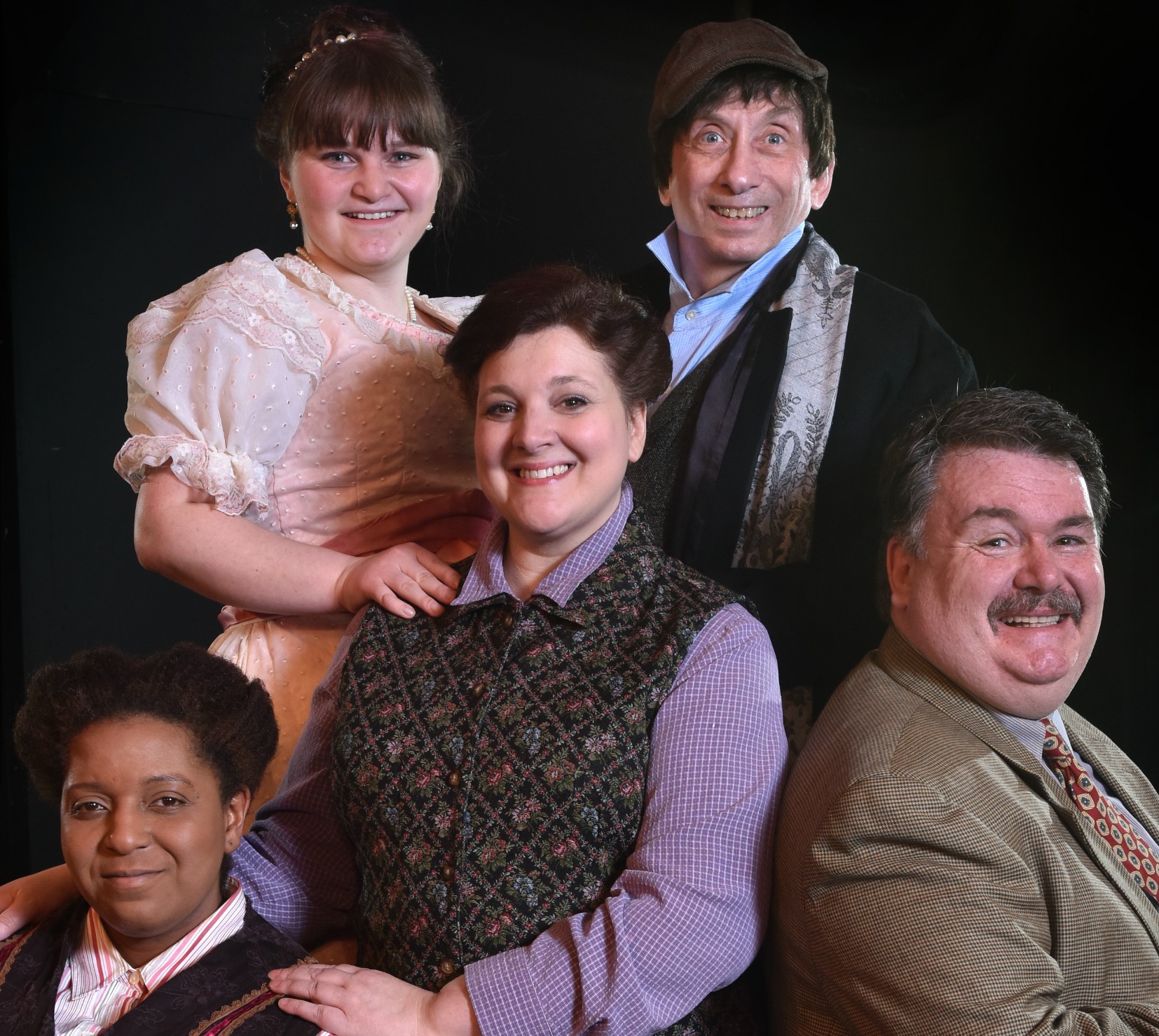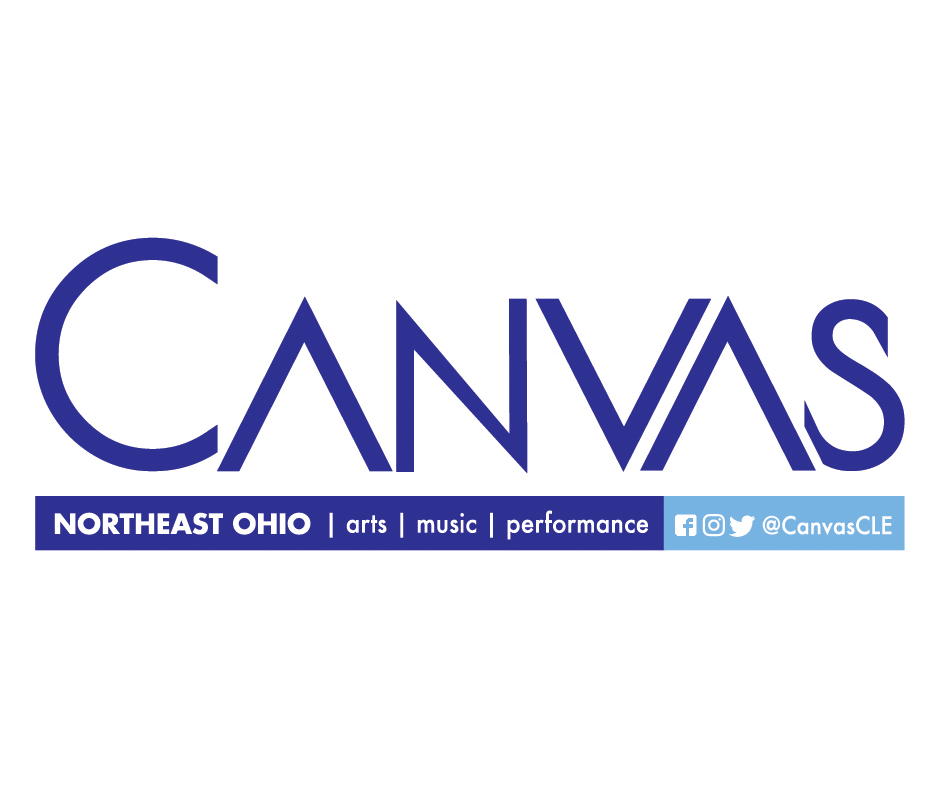By Ed Carroll
Local theater companies often need to straddle a line. They want to put on financially successful plays – or at least performances that cover their operating expenses – while also showcasing interesting, and at times, challenging art.
While few, if any, theater directors would program a performance they didn’t believe in, many – but not all – have to consider not only the financial implications, but how a show fits into the company’s plan for its season and even identity for the theater itself.
The other end of this balancing act is selecting plays and shows that are artistically exciting, controversial or focused on important social issues. Theater is art, after all, and directors have no shortage of fascinating, challenging and often daring works to choose from for their audiences. But directors have to play to their audiences – and occasionally their tastes and preferences.
Canvas spoke with Scott Spence, artistic director for the Beck Center for the Arts in Lakewood; Faye Sholiton, founding artistic director of Interplay Jewish Theatre in Beachwood and Cleveland Heights; and Cory Molner, executive artistic director at convergence-continuum in Cleveland about how they each handle this balancing act of selecting works they want to perform, and how they approach controversial topics and issues with their shows.

Sit up, engage, grapple
Sholiton says Interplay Jewish Theatre, which she founded in 2011, has never had any particular formula for selecting its plays. She says about two-thirds of the plays Interplay puts on address the company’s central mission to feature outstanding works that view the contemporary world through a Jewish lens. The other third are shows in conjunction with the Maltz Museum in Beachwood and relate to themes that support or enhance specific exhibitions and projects.
“We choose plays that give audiences something to think about on the way home, and beyond,” she says. “Whatever the genre, our offerings need to reveal something significant about the human condition. And the works themselves need to provide enough surprises to keep us engaged.”
She reiterates what she believes is the purpose of theater in our time.
“It’s no longer about the ‘sit back, relax and enjoy’ invitation we repeated in traditional curtain speeches,” she says. “In fact, the work can – and should – entertain. But now our imperative, suggested by playwright Aaron Posner, involves another level of participation: Sit up. Engage. And grapple.”
Interplay’s home theater is Dobama Theatre in Cleveland Heights, but it also shows works at the Maltz Museum in Beachwood and around the area. This has opened up new opportunities, platforms and venues for productions.
Interplay has put on challenging work, including a solo play “What I Thought I Knew,” about a woman struggling with deciding if she should have an abortion, and “Amsterdam,” which addressed antisemitism in what Sholiton says was a “convoluted, no-holds-barred story.” However, the only truly controversial play the company has performed was “Ulysses on Bottles” in 2017 – a cautionary tale about what happens when we fail to address the cost of human suffering, she says. It is written by Israeli artist Gilad Evron and deals with the Israeli-Palestinian conflict.
“There are no bad guys in this play, only individuals locked into a battle dating back thousands of years,” Sholiton says. “The people who argued against our presenting the play had not read the script. They knew nothing of its poetic language, powerful imagery and humanizing humor.”

Controversy can sell
Different theaters have different needs to balance and consider. The Beck Center for the Arts is both a professional theater and a provider of arts education, which influences its programming. Spence says Beck Center always looks for shows with both box office and artistic merit, and has the benefit of two theaters on its campus – a larger one where more well-known titles are usually featured, and a smaller, more intimate 96-seat theater.
“That’s our space to be a little bolder, a little more experimental,” he says of the smaller Studio Theater. “We’re a little more careful for the main stage, with over 500 seats to sell on a five-week run.”
He says he’d never program anything that he doesn’t think has artistic merit, but he couldn’t recall any instance where there was a show the company wanted to put on but was apprehensive about reception to the subject matter.
However, the Beck’s Studio Theater shows can often be both financially successful and controversial — and frequently, controversy can sell tickets. He recalled the performance of “Jerry Springer: The Opera” in 2011 as a particularly controversial one, though not necessarily for the reasons he expected.
“In the Jerry Springer tradition, it was controversial, and the opera followed that format, but it’s apparently also on the radar of some religious groups,” Spence says.
Apparently, the religious groups opposed to it were alerted every time the show was performed, and a church bussed out about 120 people to protest opening night. But the protests backfired – Spence says it helped sell tickets.
He says usually, if an audience member is upset by a performance at the Beck Center, it’s usually because they weren’t informed about the subject matter. That’s something the center tries to address, Spence says, and as it makes efforts to let the audience know what to expect from any specific performance.
“There might be a comedy that drops the f-bomb five times,” he says. “A parent might think, ‘hey I want to bring this 14-year-old,’ and there’s lots of bad language, and they didn’t know it. Well, that’s a little bit on us. So we try to tell people the show has adult subject matter or has a lot of adult language. … We try to prepare people, but sometimes you just can’t prepare for what you don’t see coming.”

Poking the bear
At convergence-continuum, Molner doesn’t need to factor in what’s box-office popular in his selections due to the limited size of the company’s house in Cleveland’s Tremont neighborhood, and because it’s supported by grant funding. It doesn’t hurt that convergence-continuum is a company focused on experimental, challenging and “out there” theater. You never quite know what it will showcase next, but it’s always interesting and worth your attention.
Molner says they’ve done themes for entire seasons before, but he always considers if a play and topic is relevant to the current times and world issues. He says as a result of the theater’s mission to perform more experimental works, he hasn’t ever really been surprised by a reaction to a show. He pointed to the theater’s upcoming show, “Wonderland Wives,” running from Dec. 1-23, as an example. The play’s main characters are Disney princesses, and the characters were written to be played by drag queens. He says it’s an important piece to perform given the continual attack on drag queens, and drag as an art form, by conservative groups.
And convergence-continuum will continue to push those boundaries – Molner says he’s looking at plays for next season that deal with issues like nationalism and violent countries and the way they’re viewed by others.
“We’re perfectly happy not playing it safe,” he says. “We’re willing to go there and do that. In some cases, we actually will poke that bear.”










